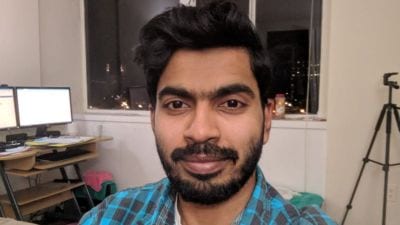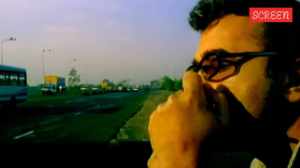The Bhishm Pitamah of letters
In India’s literary world, Bhisham Sahani was literally the jewel in the crown. He presented political upheaval and social tribulation ...

In India’s literary world, Bhisham Sahani was literally the jewel in the crown. He presented political upheaval and social tribulation with great concern and creativity. From his earliest writing till his last, he remained rooted to his beliefs and values.
Bhisham, despite the throes of Partition, managed to keep his discipline as a writer intact. For someone like him, this was a challenge and a risk. A bigger risk and challenge, however, was his decision to write in Hindi. He had come to India after studying English literature at Government College, Lahore, and he continued to teach English here. With his command over the language, he could easily have written in it, but he chose instead to write in Hindi — and excellently at that.
When he was editing the Nayi Khaniyan magazine, I had submitted a long story — Yaron ke Yaar. One morning, he called me and very hesitantly said, “Your story has some abuses in Hindi. Do you want to keep it like that or would you want to change it?” I held on to my rights as a writer. Bhisham printed the story as it was, I remember, and it created a furore in literary circles over the use of abusive terms.
I also remember Tamas. One evening, he told me in his characteristically modest manner, “If you have some spare time I will give you a typed copy of a new novel of mine to read.” I read the manuscript that very night. It left a lasting impression on me. I realised that a great novel on the partition had been written.
Last year, when the Sahitya Akademi, bestowed Bhisham with the Fellow of Sahitya Akademi honour, I was asked to speak. I remember saying that Bhisham not only had to prove his own standing as a writer but also stand true to the image of the man he had been named after: Mahabharata’s Bhishm Pitamah. Not only did he rise to his own stature, he took up the challenge of changing the image of Bhishm Pitamah on the strength of his personality! He created a new image of a vibrant writer, novelist, theatre personality, story teller and actor.
Truly was Bhisham Sahani an all-time great. We will now have to read his works to be able to meet him again.
(The writer is a renowned Hindi litterateur)
Photos


- 01
- 02
- 03
- 04
- 05





























